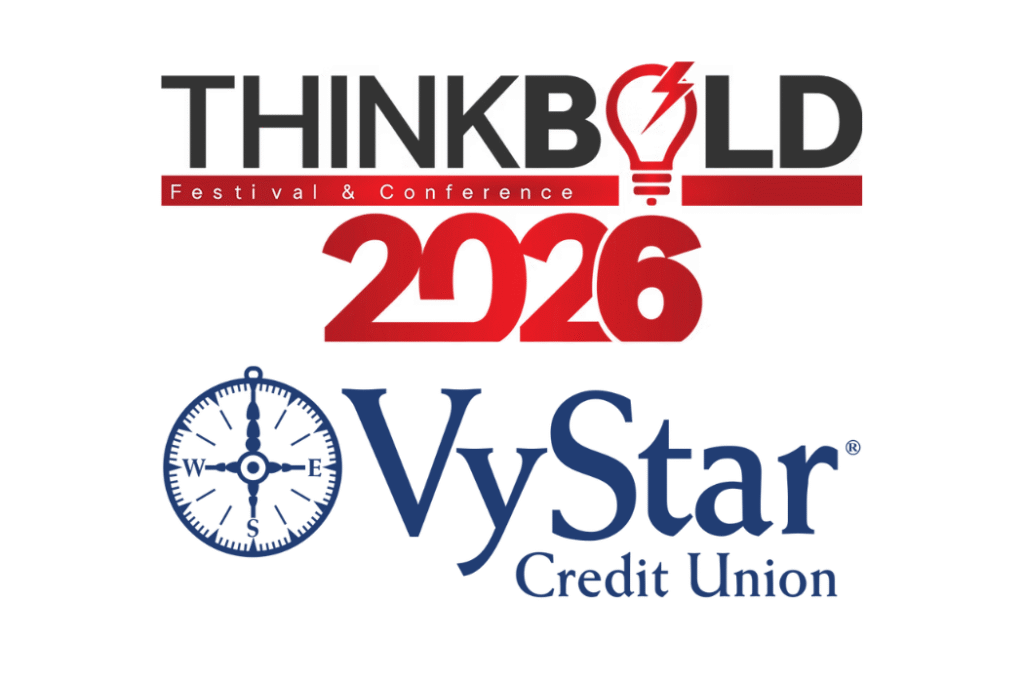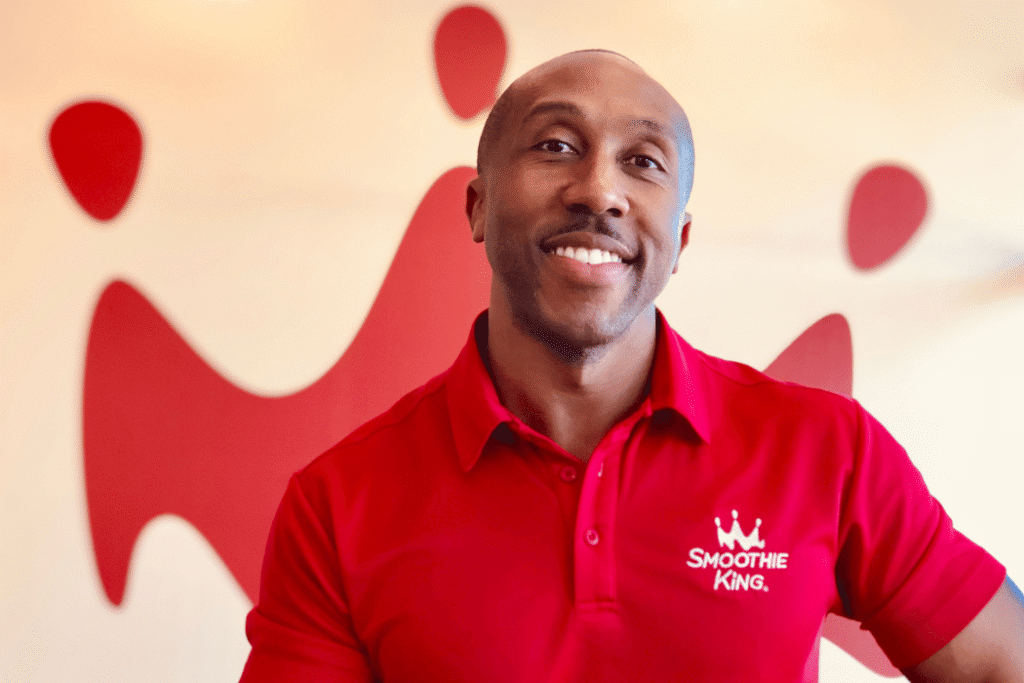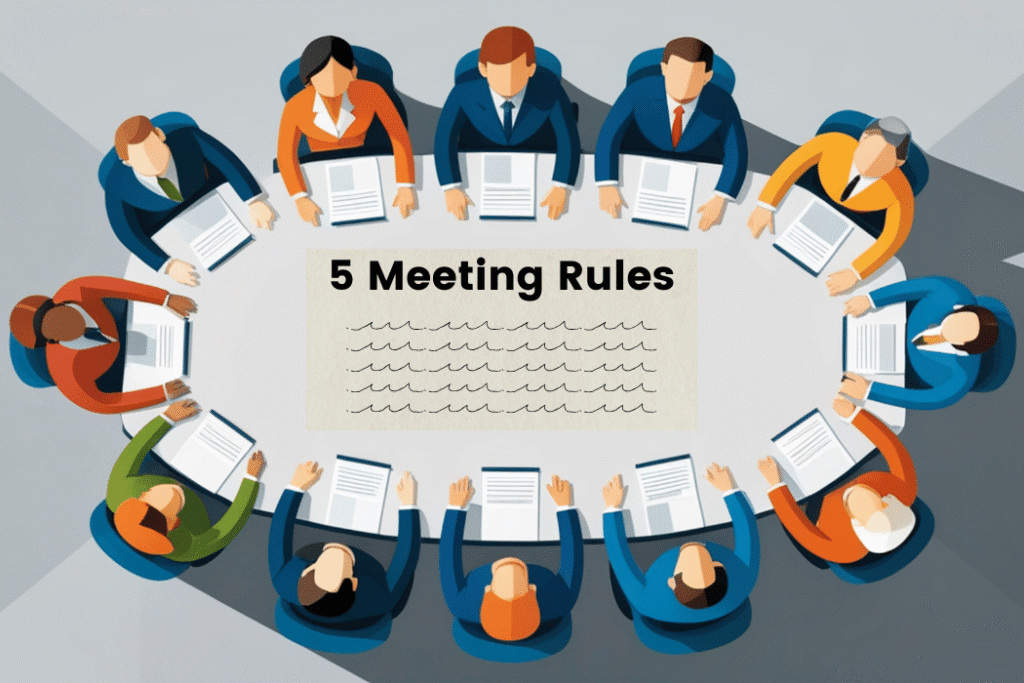
Employee satisfaction is more than a buzzword; it’s a catalyst for business success. A motivated, happy workforce doesn’t just lead to higher productivity; it becomes a vital piece of how the world perceives your brand. Employee satisfaction has the potential to greatly impact a brand’s reputation, influencing everything from customer loyalty to recruitment success. Let’s unpack how employee contentment connects to the public’s perception of your brand and why it should matter to every business owner.
We’ll explore nine key ways employee satisfaction weaves into your reputation. By the conclusion, you’ll see how minor and major changes alike can amplify both employee well-being and your brand’s success.
Happy Employees Create Happy Customers
A satisfied employee doesn’t just clock in; they show up fully engaged and enthusiastic about contributing to your company’s mission. This energy often transfers to how they interact with customers. Employees who feel valued go above and beyond, whether by delivering exceptional service or resolving issues quickly.
Conversely, if employees feel undervalued or stressed out, it shows. Employees in this state may come off as indifferent, dismissive, or short-tempered during customer interactions. Word travels fast, especially online. Negative experiences reported by customers can eat away at customer trust and loyalty.
Businesses that prioritize employee satisfaction often see higher levels of customer retention, solidifying their reputation. Remember, your employees are some of your brand’s loudest ambassadors. Their interactions set the tone for how outsiders perceive your company.
High Morale Builds Loyalty
A workplace where employees feel appreciated fuels loyalty on multiple fronts. Team members are far less likely to jump ship when they feel their contributions matter. Reducing turnover rates allows you to retain knowledgeable, experienced individuals who understand your unique brand.
Employee loyalty also translates to customers. When workers stay with a company long-term, they develop deeper relationships with clients. Customers notice and value consistency, making them more likely to trust and stick with your brand for the long haul.
On the other hand, high turnover raises red flags about your internal culture. Customers may wonder, “Why can’t they keep their employees happy?” No business can buy loyalty; it’s something a business earns by creating environments that encourage employees to stick around.
Leadership and Transparency Matter
Strong leadership plays a major role in employee satisfaction, and by extension, affects your reputation. Transparent communication builds trust, whether it’s laying out company goals or addressing challenges openly. Employees who feel informed are more likely to believe in and rally behind company objectives.
Silence or misinformation breeds frustration and disengagement. Show your team that leadership genuinely cares. Hold town halls, send out regular updates, or encourage open-door policies. When employees trust your leadership, clients and customers see this trust reflected in every interaction.
Safety Demonstrates Care
Physical and emotional safety play enormous roles in employee satisfaction. Workers need to feel they’re not just cogs in a machine but valued individuals whose well-being matters. Even seemingly simple safety measures like properly storing wooden pallets in your warehouses can be vital for protecting your employees and showing your care. Workplace injuries, no matter the severity, will reflect poorly on a business’s practices and can make customers and clients question your priorities. They can also make it more difficult to recruit high-quality talent in the future.
Commitment to safety speaks volumes about a business’s ethics. It shows you’re proactive in protecting your team, which contributes to a positive reputation. Customers notice these details and often prefer supporting brands that prioritize human welfare over profit margins.
Engaged Employees Attract Talent
Satisfied employees often become your best recruiters. They’re more likely to refer friends, post positive reviews on employer-rating platforms, and share internal wins on social media. This organic advocacy draws high-performing job candidates.
Think about top-tier talent looking to join your industry. If your branding as an employer is poor, you likely won’t make their list of preferred workplaces. Stories of toxic cultures or unhappy team members can spread quickly and scare away qualified hires.
On the flip side, businesses with happy employees earn the title of being “a great place to work,” attracting talent like a magnet. If you want to be an employer of choice, make internal satisfaction a priority.
Productivity and Innovation Go Hand in Hand
Motivated employees don’t just complete tasks; they take ownership and find ways to improve them. High satisfaction frequently leads to a greater sense of creativity, encouraging new ideas that can revolutionize projects or processes.
However, burnout or dissatisfaction stifles innovation. Employees in survival mode rarely have the bandwidth to bring fresh ideas to the table. Over time, this stagnancy can hurt your competitive edge and reputation as a forward-thinking brand.
Encouraging creativity doesn’t require a massive budget. Offer flexible schedules, recognize achievements, or simply keep an open mind to new suggestions. When your team thrives, your business benefits directly.
Social Media Amplifies Employee Voices
Satisfied employees are some of the best promoters your brand could ask for. In the age of social media, they can quickly spread the word about how much they love their job. Whether it’s highlighting perks, sharing team outings, or posting personal achievements tied to their work, these positive stories enhance your reputation as an employer.
On the flip side, disgruntled employees can do significant damage through the same channels. Platforms like Glassdoor or LinkedIn can quickly make private internal problems very public.
Businesses can’t control every post, but they can influence the tone of employee conversations. Prioritize a positive culture, and the chances of glowing reviews skyrocket.
Employee Feedback Is Critical
Asking employees for their input is one of the easiest ways to improve satisfaction. Anonymous surveys, one-on-one check-ins, or feedback tools show that leadership values employee voices.
Ignoring or dismissing feedback leads to resentment. Word spreads quickly when employees feel silenced. Worse still, ignoring feedback guarantees unresolved problems, which can spiral into larger cultural issues over time.
By listening and making changes, even small adjustments can result in major shifts in how employees view your brand. A responsive leadership team is at the heart of any admired company.
Doing Good Internally Shines Externally
Brands that treat employees well often shine in other areas too. Ethical business practices, a connected workforce, and transparent operations resonate with consumers. Clients prefer working with businesses that lead with integrity.
Traces of internal dissatisfaction, however, are hard to hide. Whether it’s in customer complaints, missed deadlines, or low morale during client meetings, dissatisfaction inevitably trickles outward.
Our advice is to prioritize employee happiness as part of your overall strategy—not because it’s trendy but because it’s smart. Even the tiniest cultural shifts can positively ripple beyond your organization.
The Backbone of a Strong Reputation
Employee satisfaction has the potential to greatly impact a brand’s reputation because it influences every interaction your business has, from the inside out. Happy employees become your greatest advocates. They ensure your customers feel cared for, nurture innovation, and keep your operations running smoothly.
Prioritizing employee satisfaction isn’t just about taking care of your team; it’s about setting your brand up for long-term success. While you focus on strategies, don’t forget about DIY PR tools that smart entrepreneurs can use, which can help amplify the positive stories that start from within your company.
Real change doesn’t need to be expensive or complex. Whether it’s improving communication or fostering safety, small efforts can yield lasting results. When you invest in your people, your reputation grows and, with it, your business opportunities.













